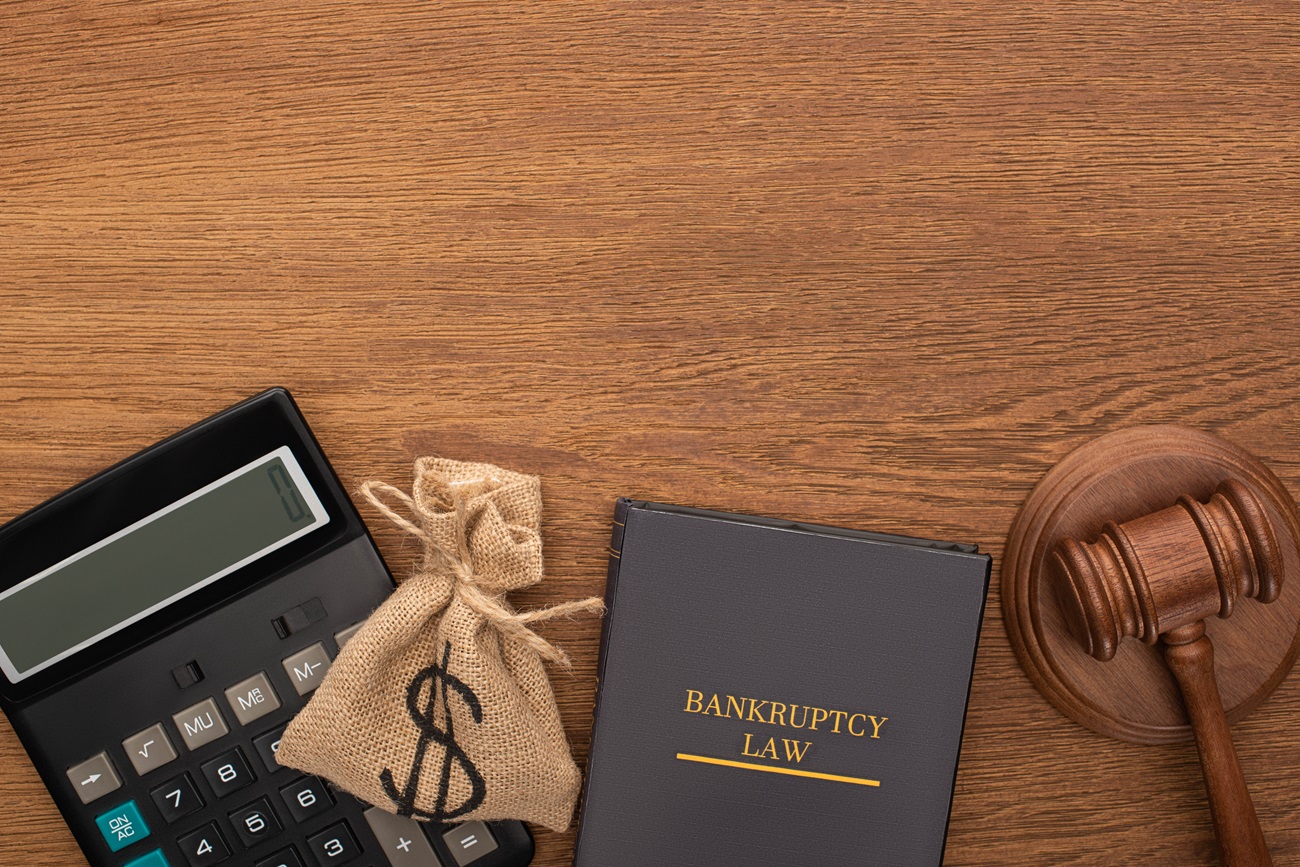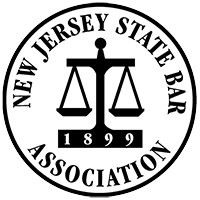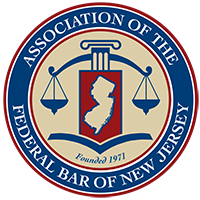
Basic Understanding of Chapter 7 Bankruptcy: When Should You Consider Filing?
Bankruptcy often carries a negative stigma. Many assume that filing for Chapter 7 bankruptcy indicates poor money management or irresponsible spending habits. However, this is not always the case. Many individuals file for bankruptcy daily due to various reasons such as unexpected expenses, job loss, or medical debts.
Bankruptcy is a legal benefit that you have the right to use if needed. There are situations where filing for bankruptcy is better than continuing to struggle with debts. Often, there comes a point where you can no longer bear the burden and need to explore other options. It’s advisable to consider filing for Chapter 7 bankruptcy long before you feel completely hopeless. So, when should you think about filing? The answer may surprise you.
Fundamentals of Chapter 7 Bankruptcy
There are different types of bankruptcies available, each with the same purpose – to assist with your debts – but they differ in execution. Individuals can file for Chapter 7 or Chapter 13 bankruptcy. In certain circumstances, those with substantial assets may opt for Chapter 11 bankruptcy.
Chapter 7 bankruptcy, also known as liquidation bankruptcy, involves the debtor assigning a value to all their assets, selling non-exempt assets, and using the proceeds to repay creditors.
Typically, the proceeds do not cover all debts owed, but that’s immaterial. Through the bankruptcy process, creditors are compelled to take what they can and move forward. There is no obligation to repay creditors beyond this or with future earnings. As part of this process, the debt is “discharged” or forgiven.
When is the Right Time to File for Chapter 7 Bankruptcy?
Many people wait until they’ve struggled with debt for years before considering bankruptcy. However, in many cases, filing sooner can save you distress, time, and money.
While other sources may offer “tests” to determine if bankruptcy is right for you, the decision ultimately rests with you. Some people delay filing for bankruptcy when they should, while others may be too eager.
A Profile of Someone Filing Chapter 7
Although every bankruptcy case is unique, many individuals filing for Chapter 7 share similar characteristics. If any of these descriptions fit your situation, it would be wise to consult with a lawyer about your financial options.
Most people filing for Chapter 7 struggle to meet their obligations. They fear losing their assets or home. They often rely on credit cards to cover basic needs. Their bills typically include expenses like food, clothing, utilities, credit card debt, student loans, medical bills, etc.
Many Chapter 7 filers do not own substantial assets. They often rent their homes and may have an older car or no car at all. Some live with family, friends, or siblings. Others may own homes with minimal equity or in need of repairs. Chapter 7 is advantageous for these individuals because they do not have to sell off all their assets due to limited equity or because their assets are exempt.
Debtors must also qualify for Chapter 7 bankruptcy by passing a means test. If they fail this test, they may have to file for Chapter 13 or may not be eligible for bankruptcy at all.
If this situation describes you, do not endure years of hardship. Speak with a lawyer as soon as you realize your debts are spiraling out of control. At the very least, you’ll understand your options and can make an informed decision about your financial future.
Is Chapter 7 Bankruptcy the Best Option?
Take the time to conduct your own financial assessment. Evaluate the value of all your assets, such as your car, home, retirement account, savings, cash on hand, etc. Then, compare this with the value of your debt. If your debt significantly outweighs your assets, it may be time to consider filing for Chapter 7 bankruptcy. You can eliminate most of your debts through bankruptcy and begin rebuilding your finances, essentially starting anew.
This assessment mirrors what a bankruptcy attorney would do when reviewing your finances to determine if bankruptcy is the best option for you. However, since attorneys have extensive experience with these cases, discussing your options with a professional is advisable. Having someone you trust to conduct this assessment will greatly aid in deciding if bankruptcy is right for you. If it’s not, your attorney can suggest other options for your situation.
Debts That Can Be Eliminated in Chapter 7 Bankruptcy
Not all debts are discharged in bankruptcy. If most of your debts cannot be eliminated through bankruptcy, filing may not make sense. Some examples of debts that cannot be discharged include:
- Most taxes (but not all)
- Debts obtained through illegal means
- Child support
- Debts for injuries to others or property damage
- Fines, penalties, or other payments to the government
- Obligations related to injuries or damages caused by driving under the influence of alcohol
- Although student loans are difficult to discharge, it’s not impossible. Your bankruptcy attorney can assess your situation to determine if you qualify for student loan discharge.
Exemptions and Chapter 7 Bankruptcy
Many assume they must sell or lose everything in Chapter 7 bankruptcy. However, lawmakers understand that forcing you to sell all your assets serves no purpose. If fear of losing everything in bankruptcy is holding you back from filing, you need to learn more about bankruptcy exemptions available to New Jersey residents.
Federal and state laws allow you to keep your most important assets when filing for bankruptcy. These assets may be valued to ensure they are exempt, but beyond that, they are completely excluded in bankruptcy.
In New Jersey, debtors can choose between state or federal exemptions. Here are some examples of exemptions in New Jersey:
- Burial plot
- Civil service worker benefits
- Crime victim compensation
- Some life insurance benefits
- Up to $500 in rent benefits
- Health or life insurance income
- $1,000 for a general personal exemption (which can be used for a car or other property)
- Public employee pension
- Clothing
- Up to $1,000 in household goods
- Unemployment compensation
There are other exemptions available, and your bankruptcy attorney can help you decide which exemptions are best for you.
Having a trustworthy attorney is crucial. They can help determine if Chapter 7 bankruptcy is the best option for you and your situation. Carlos D. Martinez, Esq. has the experience you need to assist with this difficult decision. Call us today for more information at +1 (908) 589-4036.
Whether you need to completely eliminate your debts through Chapter 7 bankruptcy or reorganize your credit payments through Chapter 13 or Chapter 11, Carlos D. Martinez, Esq. is a qualified law attorney for individuals in these and other New Jersey counties: Passaic County, Hudson County, Essex County, Bergen County, Morris County, and Sussex County. Call us today at +1 (908) 589-4036.




